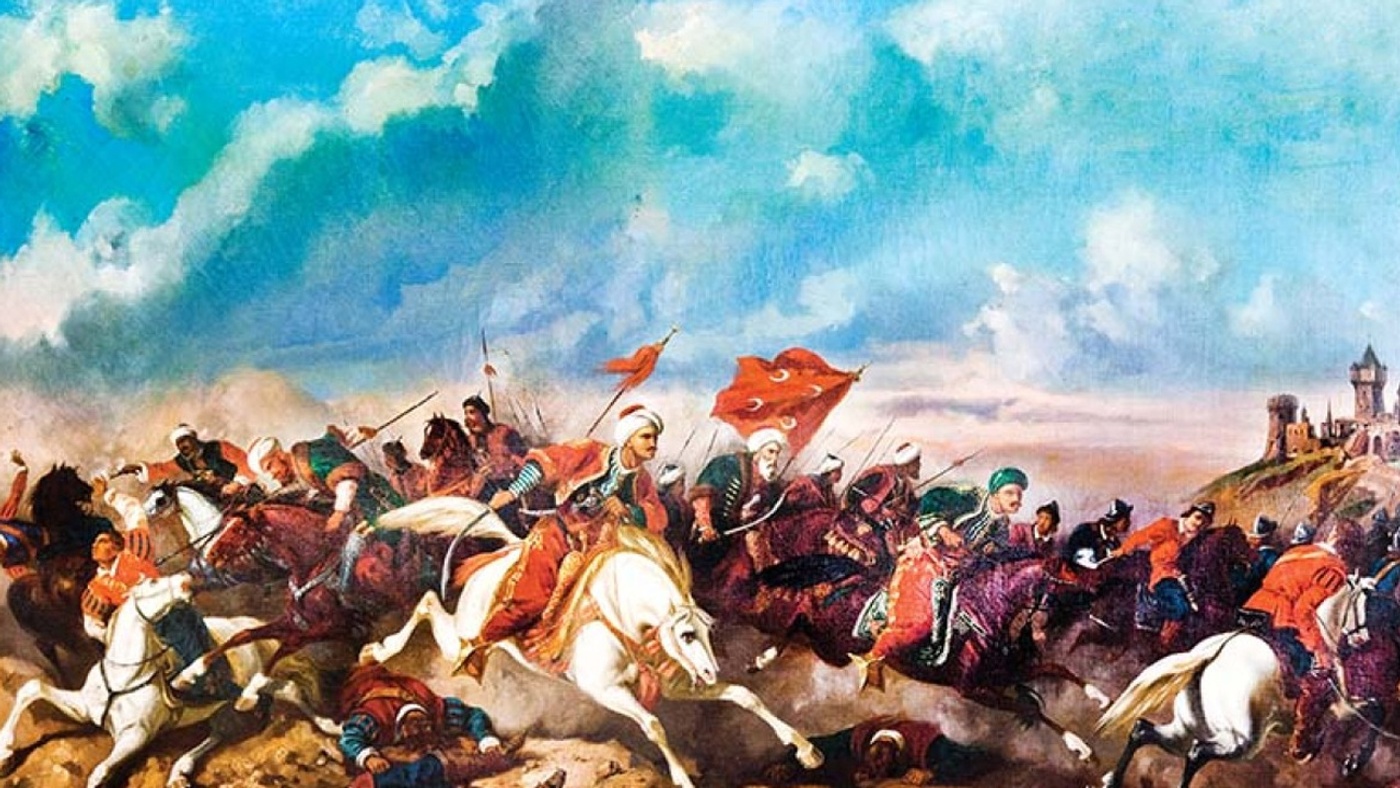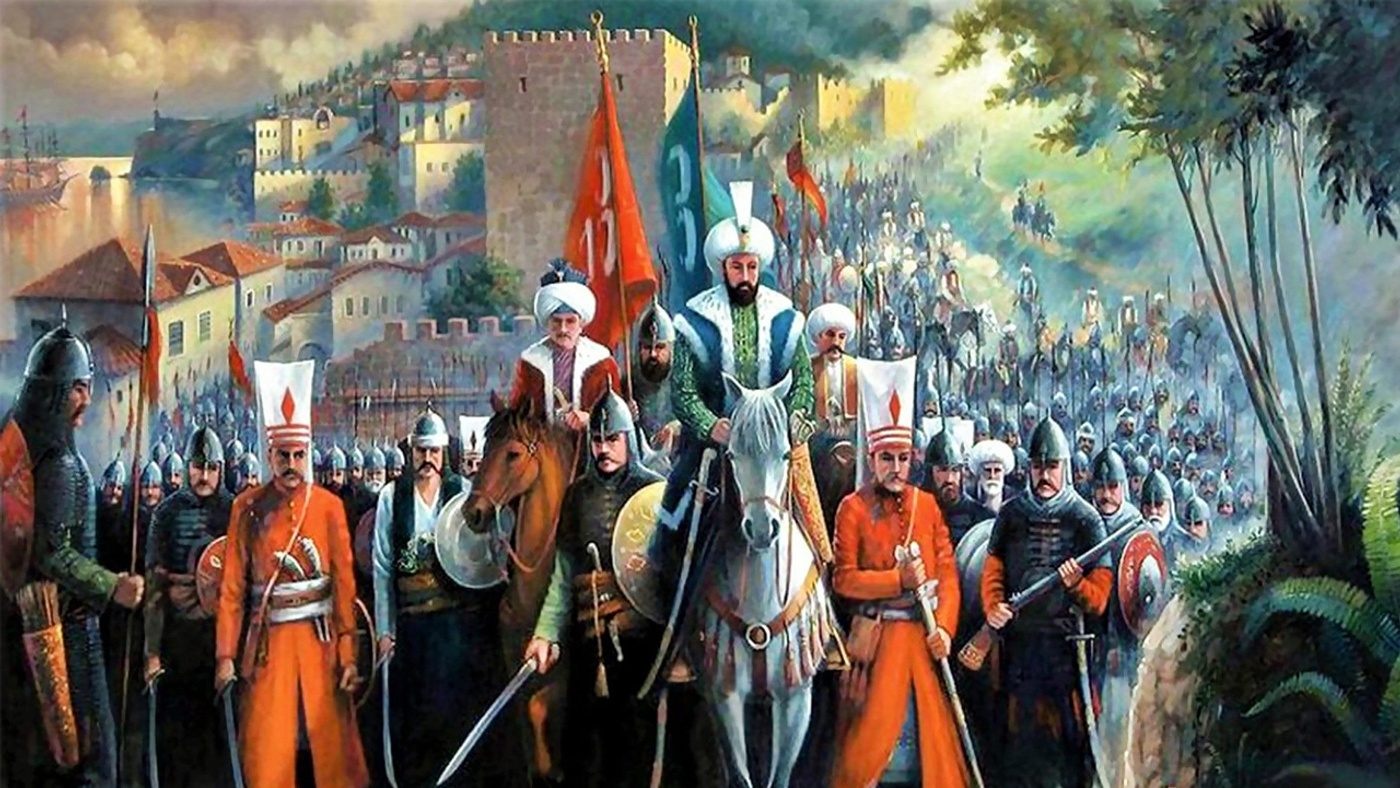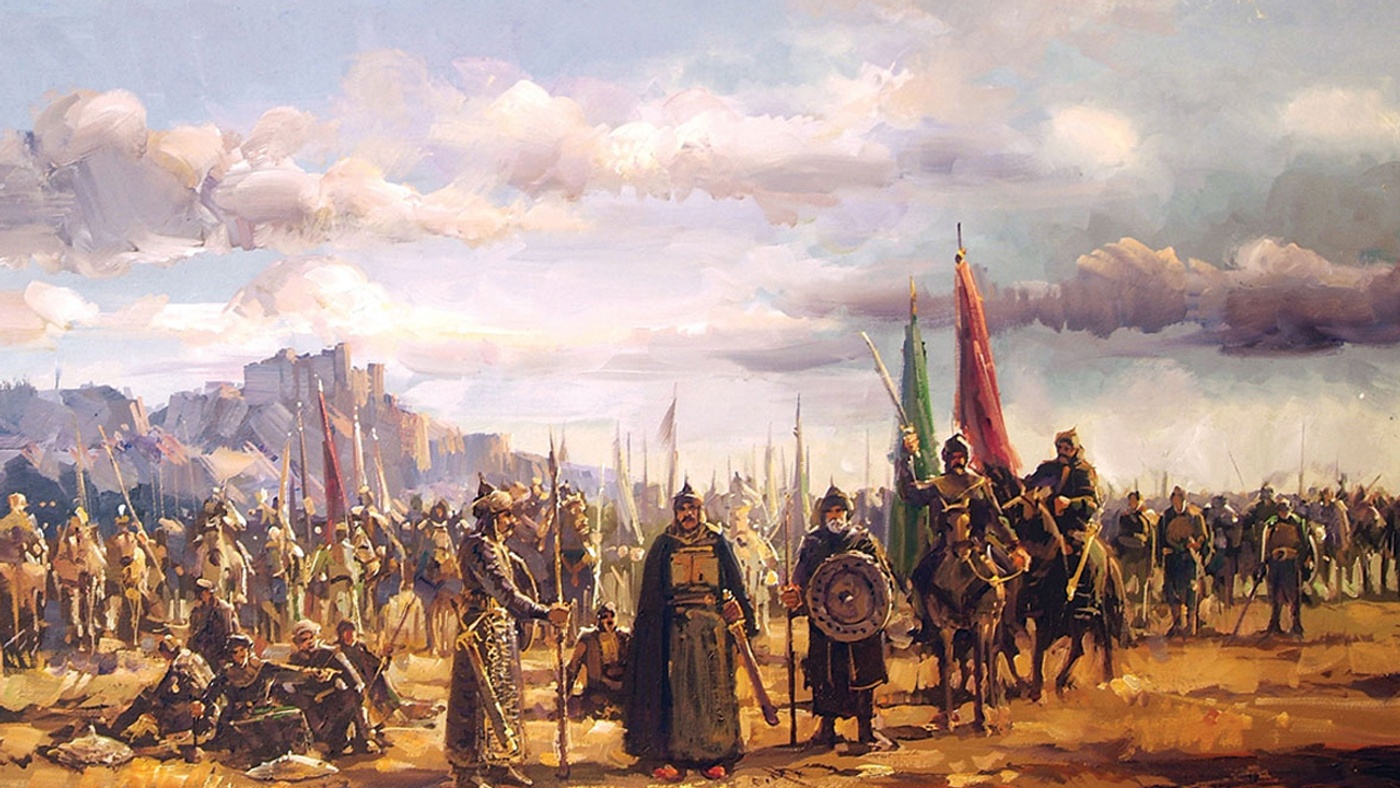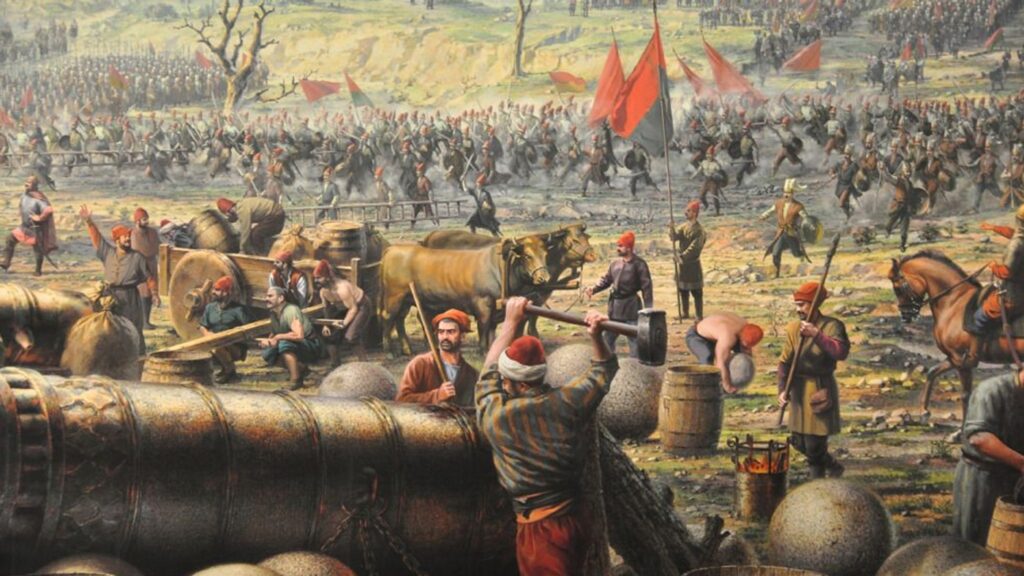Ottoman Empire, with its vast territories and long reign, has left deep marks in history. One of the most important elements underlying this success is undoubtedly its military power and the supporting logistics structure. The Ottoman army attracted attention with its meticulous planning and organization before setting out on a campaign. How thousands, even tens of the thousands of soldiers were fed during the campaign and how their logistical needs were met were key to this success.
Ottoman Soldiers’ Dietary Regimen and Food Provision System

The food regimen of the Ottoman army during campaigns was of great importance in maintaining the morale and health of the military units. Mobile kitchens that followed the army prepared two meals a day for the soldiers. The main component of these meals was usually sheep meat. For prolonged campaigns, about 100,000 sheep might be needed for one year. Additionally, legume soups and other food items were also important. For instance, a soldier was allocated daily 320 grams of bread, 160 grams of hardtack, 200 grams of sheep meat, 80 grams of fat, and 160 grams of rice.
Ottoman Era Food Storage Methods

In logistics management, the storage and transportation of food played a critical role. Before a campaign, supply depots called ‘menzil‘ were established to store food and other necessary items for wartime use. Great efforts were made to keep these depots full and intact. Foods that could not be stored were purchased along the way.
Ottoman Army’s Logistics Operations During Campaigns

The management of transportation and logistics processes included the transportation of all necessary equipment, ammunition, and provisions required for the army’s advance. Animals such as camels, horses, and mules were heavily used in transportation, while river and sea transportation also played a significant role. When faced with natural obstacles, temporary bridges and roads were constructed to ensure the army’s uninterrupted advance.
All these disciplined and planned processes played a key role in the Ottoman army’s victories on the historical stage. The regular feeding of soldiers and the effective meeting of logistical needs are considered one of the most important elements behind the empire’s military success. The impressive organizational ability of the Ottoman army continues to be studied and evaluated in the fields of military strategy and logistics today.
Source: Hydro Political Academy, Journal Park, Republic of Turkey Ministry of National Defense


